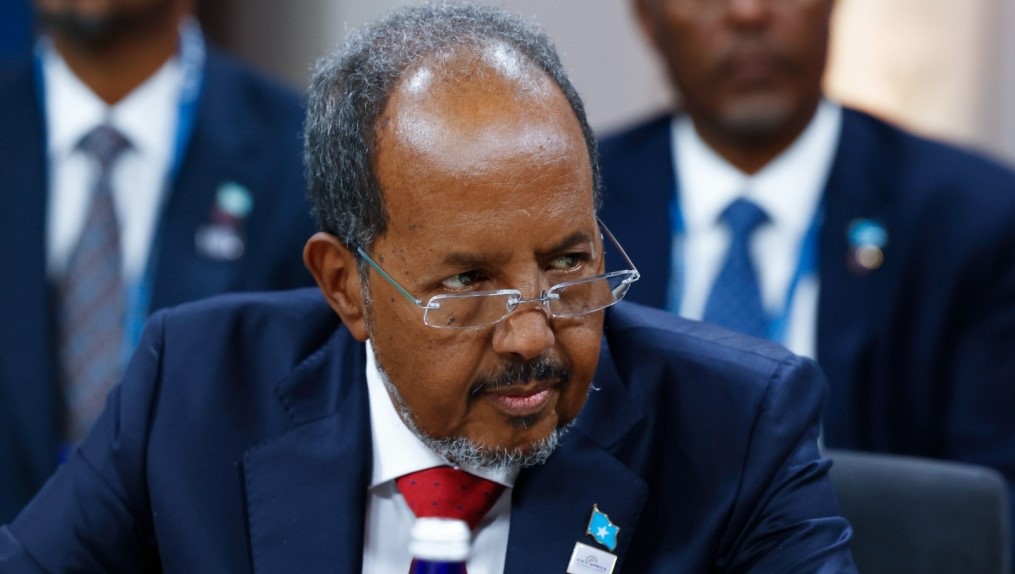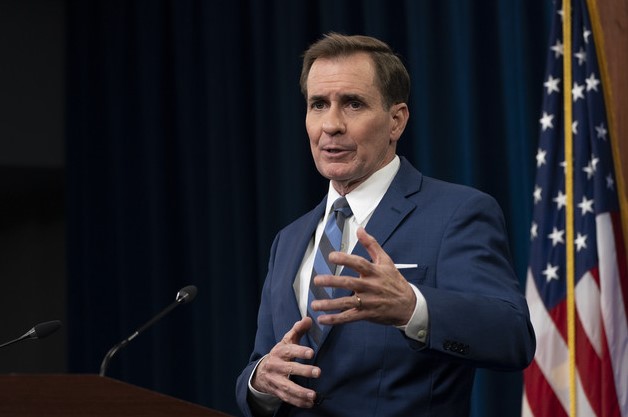“We Support Somalia”
US National Security Council Spokesman John Kirby has said that the US is “certainly troubled” about the Ethiopia-Somaliland ‘Memorandum of Understanding’ port deal.
“As we’ve said many, many times, we support Somalia’s sovereignty, their territorial integrity, and it’s got to be respected” -John Kirby
Kirby added that the US is concerned that the deal “threatens to disrupt the fight that Somalis, Africans and regional international partners, including us, are waging against Al Shabaab”.
The US’ sentiments are echoed by both Somalia and other regional partners, who are concerned that the instability which is caused by Ethiopia-Somalia tensions could not only spell a propaganda opportunity for Somalian militant group Al-Shabaab, but also a potential recruitment opportunity.
“Al Shabaab remains a viable terrorist threat in the region, without question. We don’t believe that the region can afford any more conflict” -John Kirby
Somalia and the US regularly cooperate in combat operations against Al-Shabaab militants, with the Somalian government having recently made a number of territorial gains against the militants with American military support.
A Memorandum of Understanding
The deal in question was signed between Ethiopia and the breakaway government of Somaliland on January 1st. The ‘Memorandum of Understanding’ will see Ethiopia gain access to the Somaliland port of Berbera. In exchange for access to 20km of coastline, and thus access for Ethiopia to the Gulf of Aden and the Red Sea, Ethiopia has stated they will recognize Somaliland’s independence, and establish official diplomatic ties.

If Ethiopia recognizes Somaliland’s independence, it will be the first state to have done so. Ethiopia has long maintained unofficial diplomatic ties with Somaliland, however the establishment of official ties would provide a sense of legitimacy to Somaliland.
Somalia has entirely rejected the deal, describing it as a violation of Somalia’s sovereignty and vowing to fight the deal through all legal means.
Most international bodies have condemned Ethiopia’s port deal, aligning with Somalia in stating that it is a violation of Somalian sovereignty.
Many are urging the two nations to come to a peaceful solution to the problem, noting that Ethiopia and Somalia have gone to war against each other twice in the last 50 years.
Though Somaliland has largely operated independently since 1991, it has gone unrecognized on the international stage. The borders are based upon former colonial borders, with Somaliland being a previous British colony, and Somalia itself being a former Italian colony. The African Union official policy opposes border shifts to colonial borders, meaning it opposes Somaliland’s independence.


